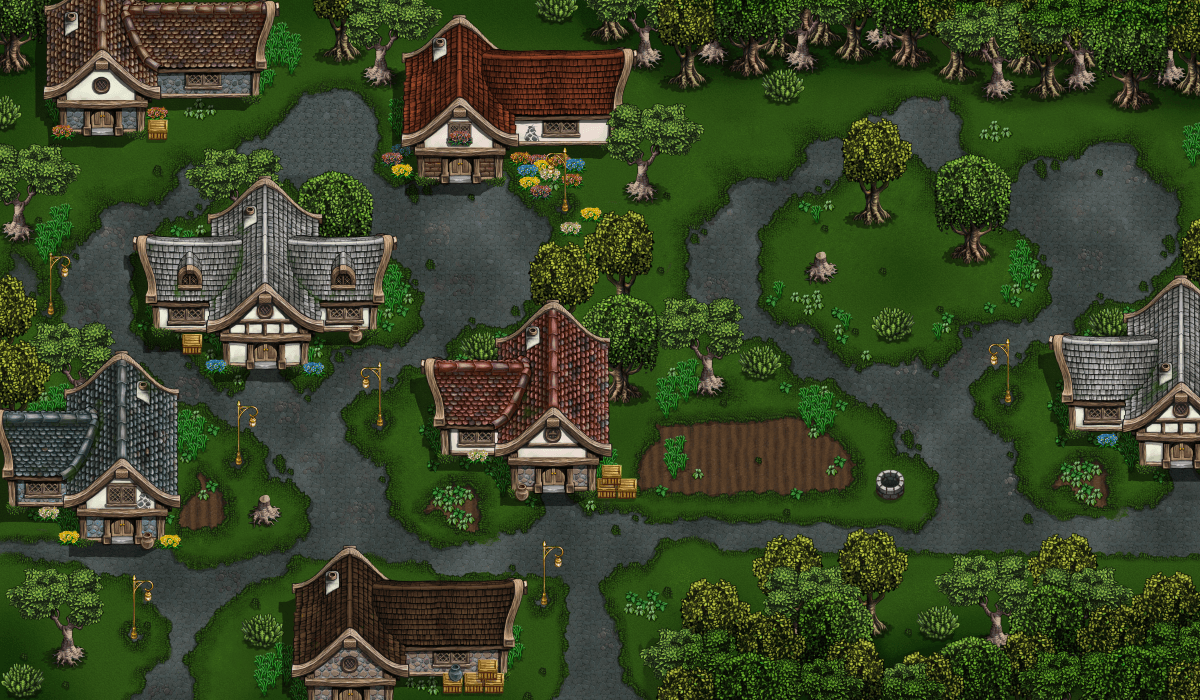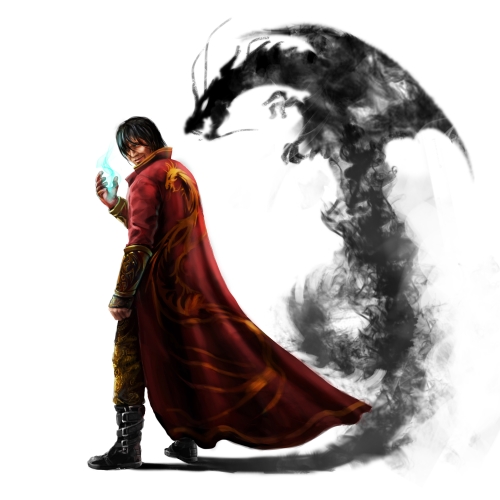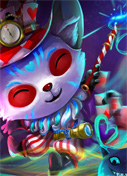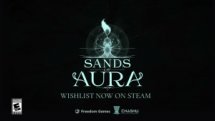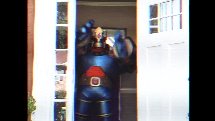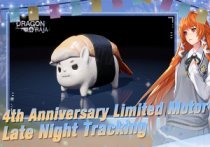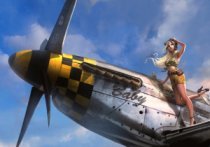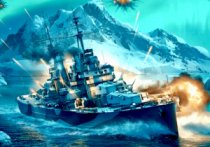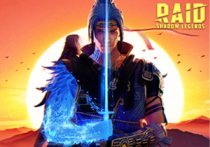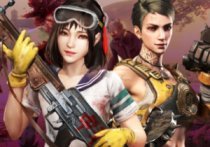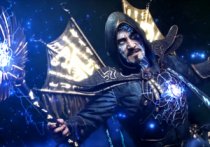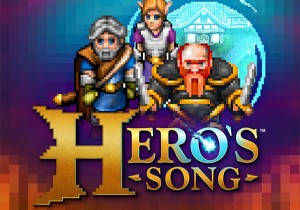Hero’s Song Interview with John Smedley
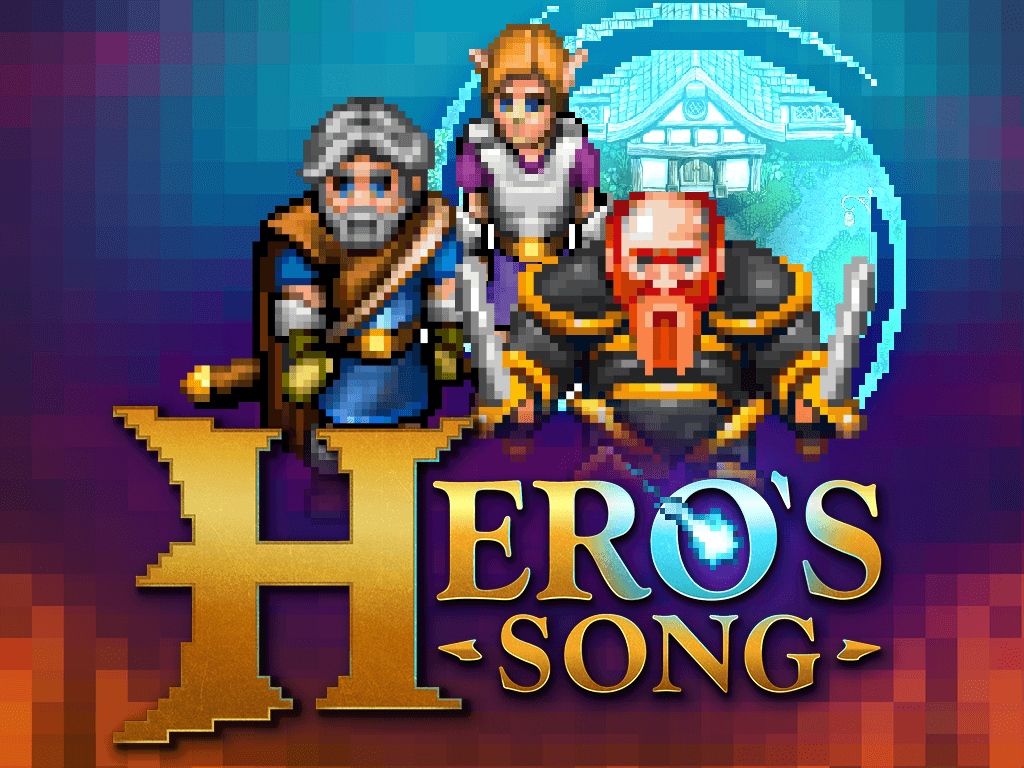
Questions by Andrew Skelton (Outfoxed)
Answers by John Smedley, Founder of PixelMage Games
With its Kickstarter officially underway, Hero’s Song has quite the development team behind it. The open world, 2D rogue-like RPG promises a focus on multiplayer experiences, amazing pixel graphics, and a dynamic world where choices made matter. John Smedley, formerly of Sony Online Entertainment and Daybreak, created Pixelmage Games to create this ambitious title. I had an opportunity to speak with him at length about the game, and his focus on ensuring it’s success.
Andrew Skelton: So, for those out there who may have somehow never heard of you, could you give us a little bit of your background here?
John Smedley: Sure. I’ve been making games since 1987, and then ran Sony Online Entertainment and then Daybreak for 15 years. I was part of Sony for about 21 years. This is my third startup. The first two I sold successfully. This one is all about making awesome pixel games.
Andrew: Tell us a little bit about the crew you’ve assembled there at PixelMage. They sound really interesting.
John: Let me start with Bill Trost. I’ve worked with Bill for a long time — we’re talking I worked with Bill on the original Everquest. He was the lead designer on that and then on Everquest II and a whole bunch of other stuff at SOE. He is our creative director on the game. We then have Michael Hunley, who’s our tech director. Michael worked at SOE for a really long time and did Free Realms, Clone Wars Adventures, and a bunch of other titles there. Those are the two main names.
We also have Joe Shoopack who’s our art director who was also at SOE and worked on the Everquest series and most of the games we did there. Then we have a number of other people — Andy Skirvin, Toby Brousil, Steve Freitas — all of which have long backgrounds in game development and have been this a lot of years.
Collectively, I think we have something like 200 years of experience.
Andrew: I know you’re looking to increase the size of your team after the Kickstarter campaign that’s going on. Is there a size you’re looking at overall, or just trying to build the best team?
John: We’re at 14 people now and what we decided is we want to be the Pixar of pixel games. To do that, the right way to do that is do it one at a time, with very much a craftsman’s attitude towards what we’re doing. We don’t want to think about the future, we want to think about what we’re making now and how much fun we have doing it. We want to enjoy the journey and we want to make really amazing and deep games.
Andrew: Speaking of, Hero’s Song kind of seems like a departure from your previous projects. What was the inspiration behind it?
John: So, it’s funny: from the outside, I can totally appreciate what you said. The truth is very different. I have had a game in my head for … it’s got to be about 15 years now, ever since we released EverQuest. The idea is that I want a world that feels alive; that’s driven by AI where each of the NPCs and the monsters have their own motivations that make sense. I want a world that’s not just a Hollywood facade of a town. I want things to matter to the NPCs. So, say you have an NPC that goes to their shop every night. Well, if you kill that NPC, that shop’s not going to open the next day. There’s not just going to magically be someone there. We wanted a world with consequences, so that’s what we’ve made.
Andrew: I know people are especially curious about the engine you guys are using to create the game with.
John: Sure! So, we started with the Unity engine. That is the single most time saving advantage I think I’ve ever seen. When I was working at SOE, we had our own engine, the Forgelight engine, which is great, but it was for very specific kinds of games. Unity lets us do a lot of modern stuff that really means our players are going to get the biggest bang for their buck framerate wise, with beautiful graphics, with very nice lighting in our engine and all these things. We built our engine on top of Unity.
Andrew: Now, obviously you’re going for a nice single and multiplayer experience. Since we’re focused on the multiplayer, could you give us some idea on that experience you’re building into the game?
John: Really, the single and the multiplayer experience are the same, just with real people. When you walk into the world, the world is moving around you. The NPCs are doing stuff. If you log into the game today, and log in again tomorrow in the exact same place, you won’t necessarily see the same NPCs. They may be off doing other stuff.
Our focus is really heavily on the multiplayer. We have it so you can join a server from a list of servers, or you can host a server and list your server in the server list. If you host it, you can have 2,000 people playing on that server with at least 200 people playing at any given time. It actually depends on your machine. We actually think that number is going to be a lot higher.
Andrew: Can you use the same hero on multiple servers?
John: No, in fact, your hero is specific to the server you’re on, and here’s why that is: our world creation is based upon this concept that you select which gods are bound to your world. Once you’ve selected that, the world you play in — it’s very much like Terraria, how you make a new world in Terraria, it’s like that. When you do that, the gods, depending on the selections you make of which gods are in that world, and how much impact those gods have — we have sliders that say how much impact this god has in this world — the world itself changes and is radically different. So if you choose the goddess of the oceans as one of your primary gods, then maybe the god of the mountains and the Dwarves is less important, you could end up in a situation where there are no Dwarves because the Elves literally slaughtered them in a great war.
The world is radically different each time you make it based on your choices. That also means that the races and classes that are available may not even be there if you create the kind of world where the Dwarves are gone, or simply aren’t an option to play. There will be evidence of their civilization in decline in the hills.
Andrew: That’s very interesting,which kind of answered my next question regarding world generation affecting classes and races available. That answers that perfectly.
John: In fact, the simplest way for people to go in is they can just click “Create New World” and it’s balanced and the gods are all balanced and you get all the starting races and classes. It’s when you mess with it when it’s the most fun, because you get to see, “What happens if there were no Elves? What happens if the Dwarves destroyed them? What does that do to the world?” It’s different every time.
Andrew: As far as combat goes, is it turned-based, action-based, skill-based? What are we looking at there?
John: Hero’s Song is the love child of Dwarf Fortress, Diablo III, and Ultima Online and if I had to explain it in an elevator pitch to a gamer who knew those games, that’s what I would say.
Andrew: That works for me!
John: Yeah! Because of that, it’s very simple to say our combat is basically what Diablo III has with the exception that we’ve slowed it down because we want you to have more tactical opportunities rather than firing off hotkeys. I think we’ve got that nailed down pretty well.
Andrew: My last question kind of got answered earlier today. It seems like you’re really responding to the comments on the Kickstarter page in regards to people asking about the different tiers. Going forward, it seems like you want the community to be involved and understand their opinion matters.
John: It does! In fact, that’s why we chose to go to Kickstarter. I’ll be honest with you: we have investors that are ready to kick in if we didn’t do the Kickstarter, or even if it failed for some reason. The reason we went to the community for doing this is very simple: we wanted to start an actual Hero’s Song community, and one of the best ways to do that is to get people excited about it, and Kickstarter is great for that.
Andrew: One of the questions I had before was regarding the pricing of the game at $19.99 for retail, but the first tier was $25. You actually responded marvelously to that, in my opinion, by offering the $15 tier.
John: So, it’s interesting. We’re still learning Kickstarter. There are people saying, “Kickstarter 101, of course you should have done that!” It’s about — well, we think the Kickstarter backers believe what’s valuable versus what they actually do. What we found very quickly is we needed to have that cheaper tier. We had thought maybe the beta would be enough for them to pay a little bit more, and there were people clamouring for a $15 tier, so we said, “Okay, let’s do it! Let’s give them what they want!”
We’re going to keep responding that way, too. We’re going to look at the other tiers and see what we can do. We’re trying to be very transparent in development. Patrick Rothfuss is on the team with us. People are going to get a good time getting to watch the creative process within the world.
Andrew: That’s something I’ve noticed too. People are very invested now because Patrick Rothfuss is part of the game.
John: Have you ever read any of his books?
Andrew: Yes, I have, actually.
John: Ah, so you know what I’m talking about then. I’m the one that made the decision to bring him in, so this is totally my own opinion. I think he is an amazing writer with a gift for language. I love his books and he’s more of a literary version of George R. R. Martin. That’s probably too strong of a thing, because he obviously doesn’t sell nearly as many books, but he has been a #1 New York Times best seller. He’s beaten Martin before and few authors can say that.
He’s also a wild man! When we’re in our discussions about stuff, he has the most obscure knowledge that you’ve seen in your life! Stuff that you’ve never heard of, like, “Did you know why and how they treated people this way?” He’s just a fountain of knowledge. It’s been a blast to work with him.
Andrew: I’m sure that’s helpful when you’re trying to decide on how to do something, and he tells you a story about it.
John: So, let me tell you a story. I’m an aspiring fantasy novelist myself. That’s how I met him many years ago. He also shares how he does a lot of how he does stuff when he’s writing and the process. I’m a heavy, heavy reader and I’ve always often wondered what goes through really good writer’s minds when they’re writing and it’s nothing near as mind-blowing as you think. It’s just sitting down doing the job. It’s just that it’s more creative than most.
Andrew: Is there anything that you might want to share that I haven’t covered?
John: Not really, no! I just want people to know this game’s going to be amazing and we appreciate your covering it.
Andrew: You’ve got my support in this case, because I absolutely love the concept from the top all the way down, because I love the idea.
John: Thank you very much. I appreciate that personally, very much.
Andrew: You’re welcome. I know a lot of our team is excited and looking forward to what you’ll do. I appreciate the time you’ve taken for the interview!
Articles You May Enjoy
- DOMO: Major Update in time for Easter
- Suba Games has announced that it will launch a new update tomorrow, April 2, that introduces a new class and two maps to Dream of Mirror On
- Donation Alerts - Russia's Biggest Streaming Service Goes Global
- Mail.Ru Group announces the global launch of Russia’s biggest streaming add-on service Donation Alerts has gone global.
- Forge of Empires begins closed beta
- InnoGames has launched the closed beta for Forge of Empires.


